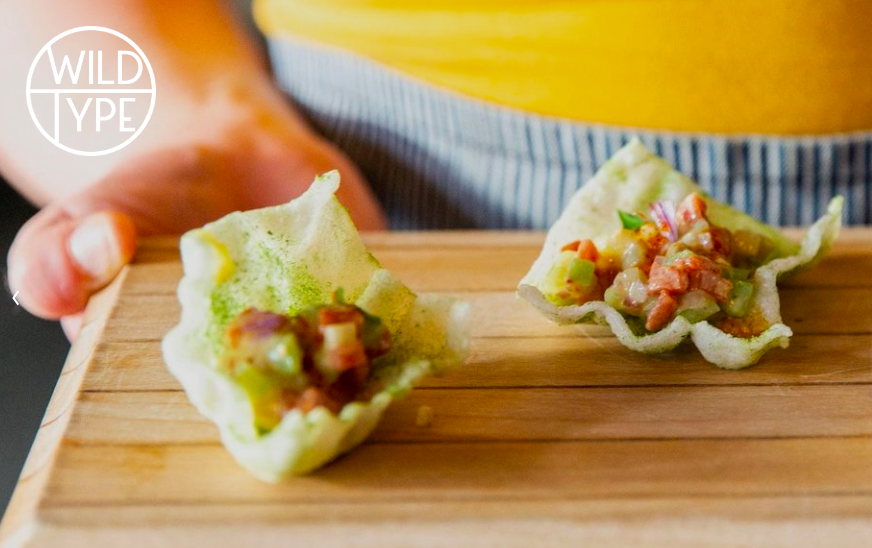
by Alexandra Patel
A company called Wild Type is working to create “better meat to address the most pressing challenges of our generation: climate change, food security, and health.” Overfishing is one of the most pressing risks of our generation – dwindling fishing stocks threaten the oceans ecosystems as well as our own way of life – but Wild Type is working towards finding a solution by developing sustainable alternatives. In 2018, the startup was able to raise a total of 3.5 million in funding towards this project and they are starting with salmon. Their mission is “to create the cleanest, most sustainable fish and meat on the planet.”
Why This Matters: Worldwide, the UN estimates that 3 billion people rely on fish for almost 20 percent of the protein intake. Falling fish stocks not only threaten global food security but also have the potential to drastically damage the global fishing industry which is worth billions. Nearly a billion people lack sufficient food and yet food supplies need to increase by 50 percent to sustain the growing global population. To enable fisheries to recover, development models that promote sustainable marine life must be created. Wild Type is behind just one of the many movements that can help restore and maintain fishing stocks. Bottom line — someday your lox could come from a lab.
Some Facts on Overfishing:
- We are taking about 9,000-10,000 tons of fish from the ocean every hour.
- A study reveals that catches are falling 3 times faster than UN estimates – not because we are choosing to catch less fish, but because they simply aren’t there.
- Over the course of a few decades, rampant fishing activities have led to 90 percent of fish stocks being either fully fished or overfished.
- Studies have shown that industrialized commercial fisheries typically reduce the biomass of the stocks they target by 80% within 15 years of exploitation
Lab-Grown Meat Has Advantages. Lab-grown meat and fish uses muscle samples taken from animals, from which stems cells are collected, multiplied and growth into fibers and muscle tissue. According to Tech Crunch, this means that the meat is fundamentally “meat,” and not a meat substitute using plant cells like Impossible Foods’ Impossible Burger. While there are those that debate over the ethics of utilizing animals for such a purpose, in the event that the lab-grown meant industry grows, humans would be able to raise and slaughter fewer animals for food.
- Wild Type’s first meat is salmon. Phase one is to develop a minced salmon fish that could be used in say a spicy salmon sushi roll, where the meat is mixed with sauce and smaller quantities are needed.
- From there, the company is targeting lox for bagels, and eventually, salmon filets.
June 30, 2019 » fish, food security, lab, meat, overfishing, Salmon, sustainable


